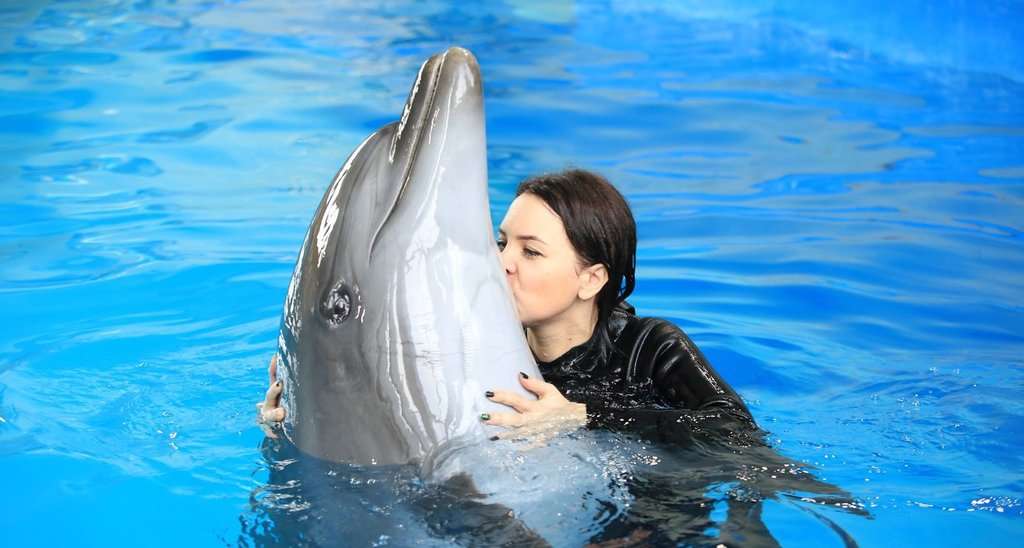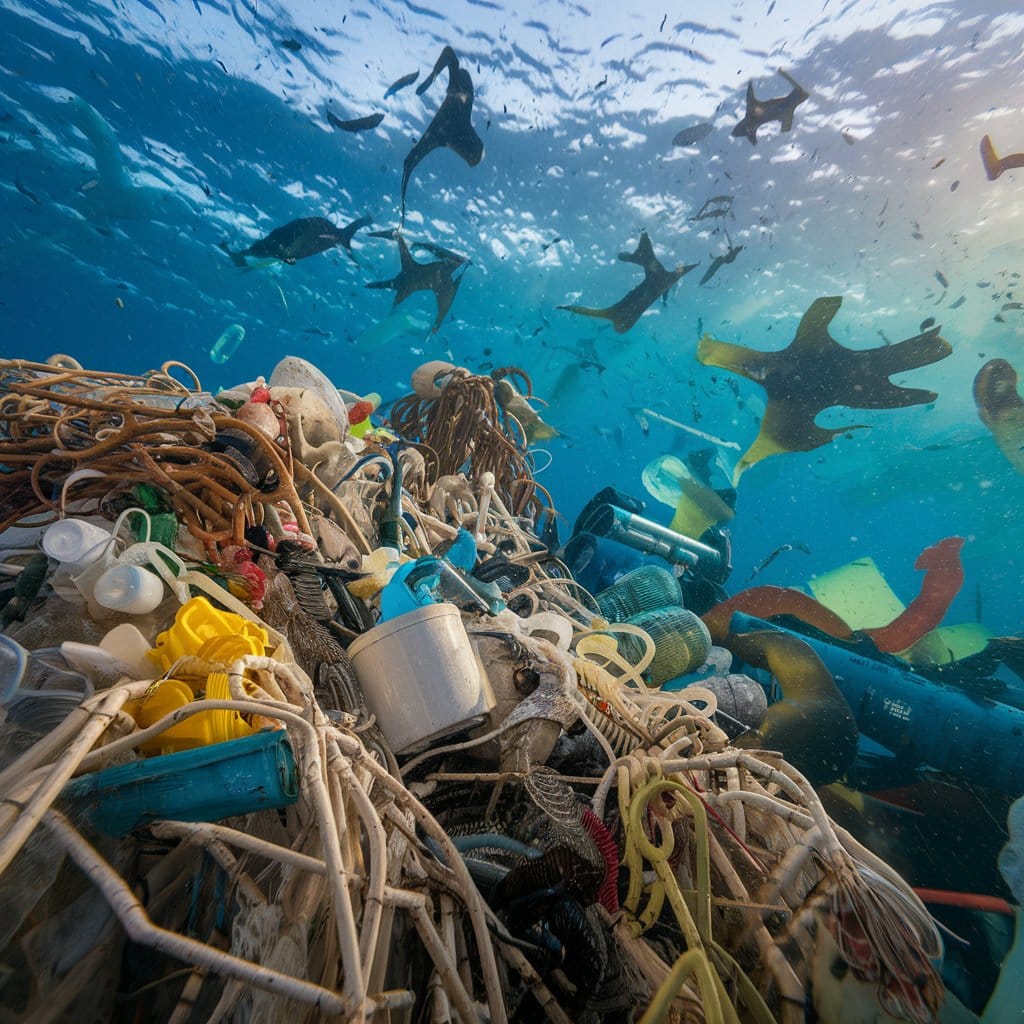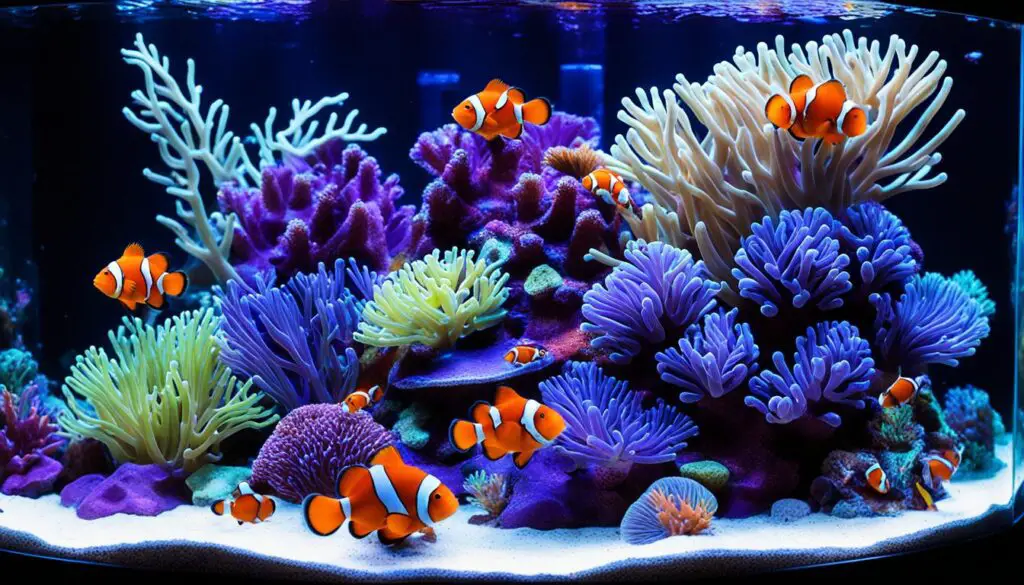Why Are Dolphins Friendly To Humans

Introduction
Dolphins, those enchanting creatures of the sea, have captivated the human imagination for centuries. Renowned for their remarkable intelligence, agility, and playful nature, dolphins often exhibit a remarkable friendliness towards humans. This intriguing phenomenon has puzzled scientists and intrigued ocean enthusiasts alike, giving rise to a myriad of theories and studies aimed at unraveling the secrets behind the seemingly amiable disposition of these marine mammals.
One prevailing theory suggests that dolphins’ friendliness towards humans may be rooted in their highly developed social structures. Dolphins are known to live in tightly-knit pods, and this social cohesion extends to interactions with other species, including humans. Their curious and empathetic nature leads them to approach boats and swimmers, perhaps driven by a genuine curiosity about the world beyond their aquatic realm.
Additionally, the long history of positive interactions between dolphins and humans has fostered a mutual trust and understanding. Stories of dolphins rescuing distressed swimmers and guiding lost boats to safety have further solidified their reputation as benevolent creatures of the sea.

Are dolphins really friendly to humans?
Dolphins have a reputation for being friendly, but they are actually wild animals who should be treated with caution and respect. Interactions with people change dolphin behavior for the worse. They lose their natural wariness, which makes them easy targets for vandalism and shark attacks.
While dolphins often exhibit behaviors that appear friendly, such as approaching swimmers and boats, their motivations are complex. Dolphins are naturally curious creatures and may approach humans out of genuine curiosity about their environment. Additionally, numerous accounts of dolphins rescuing distressed swimmers suggest a level of empathy and helpfulness.
However, it’s essential to remember that dolphins are still wild animals with unpredictable behavior, and not all interactions are uniformly friendly. Responsible and respectful encounters are crucial to ensure the well-being of both dolphins and humans.
Why are dolphins so friendly?
The science makes one fact undeniably clear: Wild dolphins of some species are noted for seeking out social encounters with humans. The phenomenon of lone sociable dolphins – for whom human contact appears to substitute for the company of their own kind – is documented extensively in the scientific literature.
Dolphins are renowned for their friendliness due to a combination of factors. Their high intelligence sparks curiosity, leading them to approach humans to explore their surroundings and establish connections. Their strong social bonds within pods extend to interactions with other species, fostering a natural inclination towards friendliness. The long history of positive encounters and tales of dolphins assisting humans has also contributed to their reputation as affable creatures.
Why do dolphins swim with you?
Dolphins do not swim with people, or “kiss’ ‘ people or two people through the water because they like to — they do it because they have to. None of these are natural behaviors, and every captive dolphin is trained to correctly perform these behaviors because if they do not, they will not eat.
Dolphins often swim with humans due to their innate curiosity and social nature. They are intelligent beings known for their playful demeanor, and encountering humans in the water piques their interest. Additionally, dolphins’ strong sense of empathy can drive them to engage with humans, potentially perceiving us as friendly and non-threatening.
Is it OK to touch dolphins?
Even though equipped with a huge smile and a seemingly forever-harmonious disposition, dolphins and whales are wild animals. Always remember this fact. DO NOT TOUCH the dolphins. If the dolphins want physical contact with people, they will initiate it.
Touching dolphins should be approached with caution and respect for their well-being. In some controlled environments like reputable marine parks or sanctuaries, supervised interactions may be allowed under strict regulations to ensure both human and dolphin safety. However, in the wild, it’s generally discouraged and often illegal to touch or approach dolphins as it can disrupt their natural behaviors, cause stress, and even lead to injury for both parties.
Are dolphins intelligent?
Based on current metrics for intelligence, dolphins are one of the most intelligent animals in the world. While intelligence is difficult to quantify in any organism, many studies suggest that dolphins are second only to us humans in smarts.
Dolphins are widely recognized as one of the most intelligent non-human species on Earth. Their intelligence is evident in their complex social structures, problem-solving abilities, and advanced communication skills. Dolphins exhibit self-awareness, as demonstrated in mirror tests, and have large brains relative to their body size, indicating cognitive prowess.
They display remarkable adaptability, learning new behaviors and tasks quickly, both in captivity and the wild. Their sophisticated use of tools, such as sponges for protection while foraging, showcases their ingenuity. The intelligence of dolphins continues to fascinate scientists and underscores their status as highly evolved and cognitively advanced marine mammals.
Are there any risks associated with interacting with dolphins in the wild?
Interacting with wild dolphins can be risky, as they are still wild animals and may exhibit unpredictable behavior. It’s essential to approach them with respect and adhere to responsible wildlife viewing guidelines.
Dolphins have powerful tails and sharp teeth, and in rare cases, they may bite or use their tails for defense, potentially causing injuries to humans. Additionally, prolonged or intrusive interactions can disrupt their natural behaviors and impact their well-being. To mitigate these risks, it’s crucial to approach wild dolphins with respect and adhere to responsible wildlife viewing guidelines.
Do dolphins form long-lasting relationships with humans?
Some reports suggest that dolphins can form lasting bonds with specific humans, especially if there is consistent interaction and positive experiences over time.
Dolphins have been known to form potentially long-lasting relationships with humans. These connections often stem from consistent and positive interactions over time. Some dolphins display recognition of individual humans, suggesting a degree of familiarity.
While not precisely analogous to human friendships, these relationships are characterized by mutual trust and an apparent willingness to engage with humans in a friendly manner. However, it’s essential to remember that dolphins are wild animals, and their interactions should always be approached with caution and respect to ensure the well-being of both the dolphins and humans involved.
What role does the social structure of dolphins play in their friendliness towards humans?
Dolphins’ strong social bonds within their pods likely contribute to their willingness to interact with other species, including humans. They may see humans as potential companions.
The social structure of dolphins plays a pivotal role in their friendliness towards humans. Dolphins are highly social animals, forming close-knit pods with strong bonds among members. This social cohesion extends to interactions with other species, including humans.
Their curiosity and empathy, key traits in their social interactions, drive them to approach and engage with humans in a friendly manner. It’s believed that their positive experiences with humans within their pod-like social structure encourage trust and reinforce their willingness to interact amicably.
Can humans communicate with dolphins, and do they understand us?
While humans have made efforts to communicate with dolphins using various methods, the extent to which dolphins understand human language is still a subject of ongoing research and debate.
Communicating with dolphins remains a complex and ongoing endeavor. While humans have attempted to establish communication through sign language, gestures, and even computer-generated sounds, the extent to which dolphins understand our language and intentions is still not fully comprehended.
How can we ensure the safety and well-being of dolphins during human interactions?
To protect both dolphins and humans, it’s crucial to follow responsible wildlife viewing guidelines, maintain a respectful distance, and avoid disrupting their natural behaviors. Conservation efforts are also vital to safeguard these intelligent and friendly creatures in their natural habitats.
Ensuring the safety and well-being of dolphins during human interactions is paramount. First and foremost, maintaining a respectful distance and avoiding any attempt to touch or feed them in the wild helps minimize stress and potential harm to these sensitive creatures. Adhering to responsible wildlife viewing guidelines and regulations, established by authorities, is crucial. Boaters and swimmers should be cautious not to disrupt their natural behaviors, particularly during feeding, mating, or resting periods.

Conclusion
The friendliness of dolphins towards humans remains a captivating and enigmatic aspect of our relationship with these extraordinary marine mammals. While we may never fully unravel the depths of their motivations, several key factors have emerged from our exploration.
Firstly, dolphins’ remarkable intelligence and intricate social structures likely play a crucial role in their affable demeanour. Their curiosity about the world and their capacity for empathy encourage them to engage with humans in a friendly manner, forging a unique connection between our species.
Moreover, the long history of positive interactions and mutual trust built over centuries reinforces the notion that dolphins view humans as potential allies rather than threats. Stories of their heroic acts, such as rescuing distressed swimmers, demonstrate their willingness to assist and coexist harmoniously.



